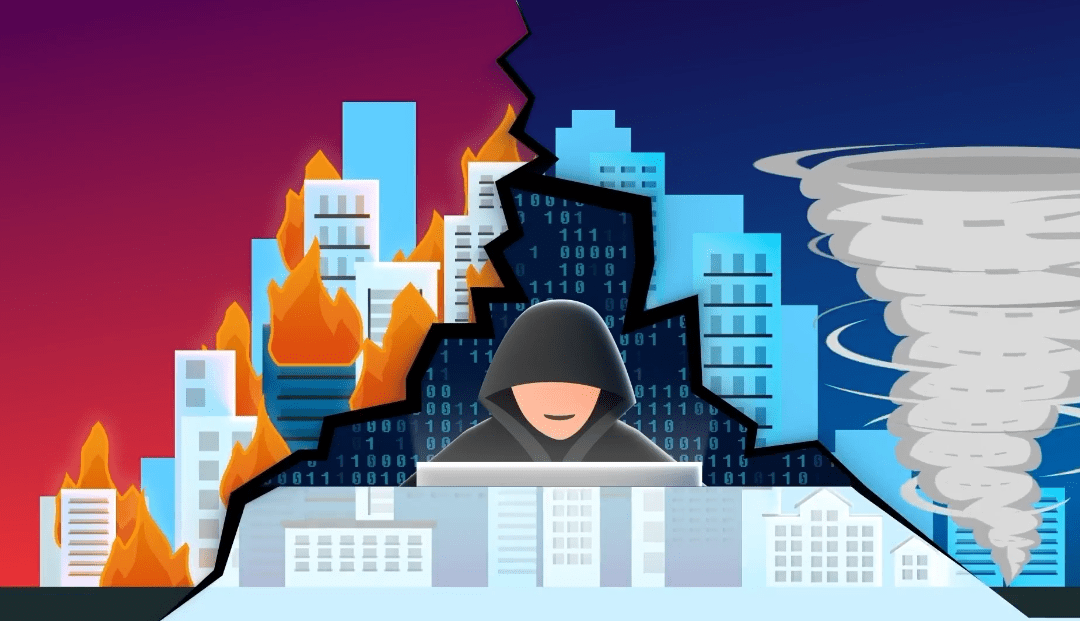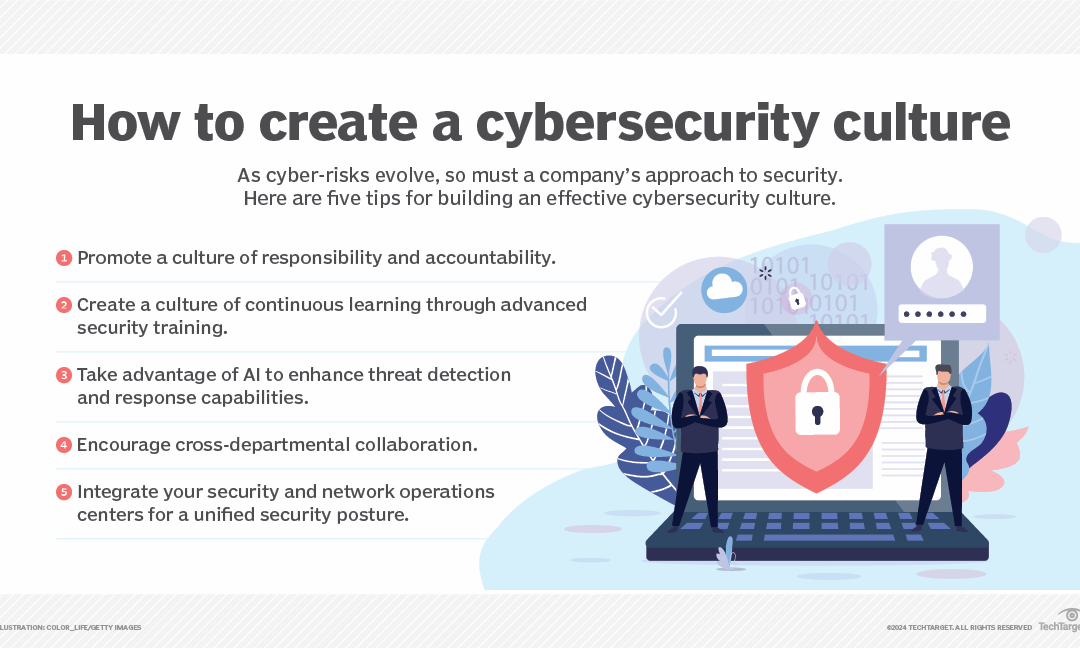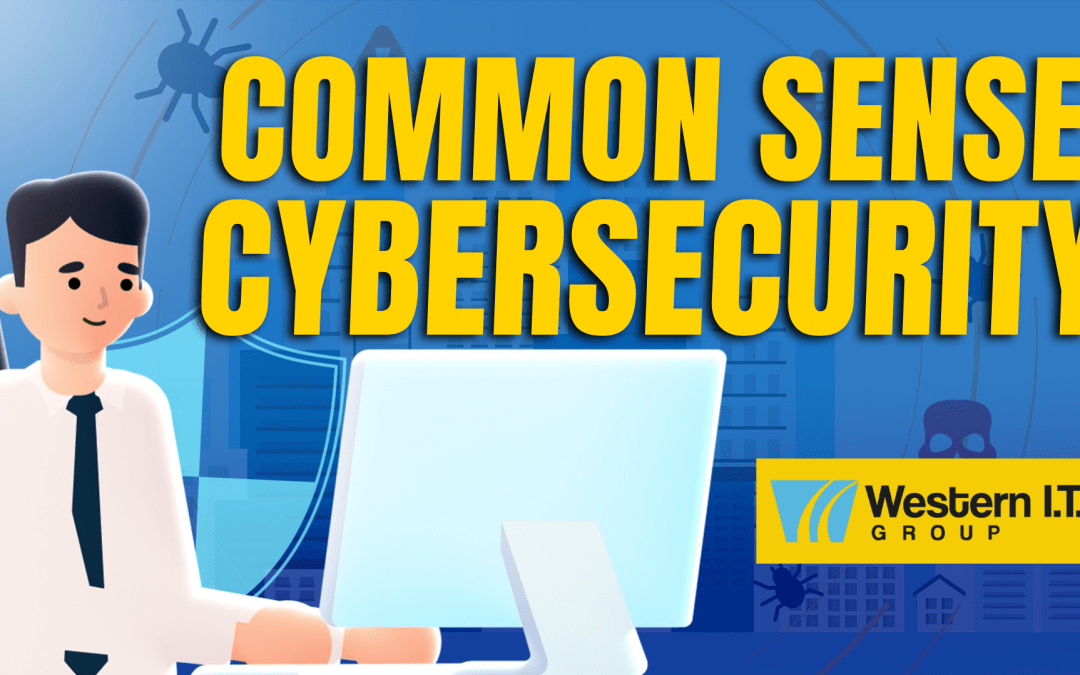Cybercriminals steal credit card? Cybercriminals have various methods at their disposal to hack and exploit credit card...


Cybercriminals steal credit card? Cybercriminals have various methods at their disposal to hack and exploit credit card...

This in-depth cybersecurity planning guide provides information and advice to help organizations develop a successful strategy...

While home health agencies face distinct health IT challenges, collaboration and innovation are crucial for overcoming these...

The umbrella term malware is one of the greatest cybersecurity threats enterprises face. Learn about 12 common types of malware...

Originally Published on TechTarget.com by Sharon Shea, Executive Editor and Alexander S. Gillis, Technical Writer and Editor...
The holiday season is a time for joy, celebration, and generosity. However, this festive period also brings heightened cybersecurity risks as cybercriminals exploit vulnerabilities created by distracted employees, increased online activity, and reduced IT staff availability. At Western IT, we specialize in helping businesses navigate these seasonal challenges with robust, proactive cybersecurity solutions. This blog will explore why cyberattacks spike during the holidays, outline the most common threats, and provide actionable steps to safeguard your business.
Cybercriminals are opportunistic, and the holiday season provides many opportunities to exploit human and system vulnerabilities. Here are five key reasons why businesses face increased cyber threats during this period:
1. Increased Distractions
The holiday season often means employees juggle year-end deadlines, shopping, personal commitments, and festive activities. With their attention divided, workers are more likely to overlook suspicious emails or links, making them prime targets for phishing scams. A study reveals that 45% of distracted employees fail to comply with organizational security protocols, leaving businesses vulnerable to attacks.
2. Surge in Online Shopping
Online shopping skyrockets during the holidays, with consumers hunting for deals on Black Friday, Cyber Monday, and Christmas sales. Cybercriminals exploit this surge through phishing emails, fake e-commerce websites, and malicious advertisements. These tactics can lead to stolen payment credentials and malware infections that compromise both personal and corporate devices.
3. Too-Good-to-Be-True Offers
Scammers frequently use fake offers to lure unsuspecting victims. These may include unbelievable discounts on flights, hotels, or holiday packages. Clicking on such deals often leads to malware downloads or data theft, compromising sensitive information.
4. Fake Charity Campaigns
The spirit of giving during the holidays is exploited by scammers who create fake donation campaigns. These fraudulent charities divert funds and expose donors to risks such as stolen financial details or malicious software.
5. Understaffed IT Security Teams
With IT staff members often on holiday breaks, businesses may lack the resources needed to monitor systems or respond promptly to incidents. This reduced coverage creates a golden opportunity for cybercriminals to strike. 90% of cybersecurity professionals worry about weekend or holiday attacks due to limited staff availability.
Understanding the most common cyber threats during the holiday season is the first step toward prevention. Here’s a closer look at the risks businesses face:
1. Phishing Campaigns
Phishing remains one of the most prevalent attack methods during the holidays. Cybercriminals use Christmas-themed emails, fake invoices, and holiday offers to trick recipients into clicking malicious links or providing sensitive information. A single click can compromise an entire network.
2. Ransomware Attacks
Ransomware attacks surge by 30% during the holiday season, often initiated through phishing emails. These attacks lock down critical data, demanding hefty ransom payments for its release. The financial and reputational damage can be devastating for businesses.
3. Distributed Denial of Service (DDoS) Attacks
High traffic volumes during the holidays make networks more susceptible to DDoS attacks. These attacks overload systems, causing significant disruptions and potentially costing businesses up to $40,000 per hour in downtime.
4. SQL Injection Attacks
During peak activity times, such as the holiday season, cybercriminals exploit vulnerabilities in web applications using SQL injections. These attacks can provide unauthorized access to sensitive data, compromising customer and company information.
5. Stolen Credentials
Credential stuffing and password-stealing malware are rampant during the holidays. Cybercriminals use stolen credentials to access corporate accounts, potentially leading to data breaches or unauthorized system access.
To ensure your business remains secure this holiday season, follow these essential steps:
Western IT provides comprehensive cybersecurity services designed to protect your business from seasonal threats. Here’s how we help:
1. Proactive Monitoring and Threat Detection
Our 24/7 network monitoring ensures that suspicious activity is identified and addressed promptly. Using advanced threat detection tools, we mitigate risks before they escalate, offering peace of mind even during off-peak hours.
2. Employee Cybersecurity Training
Your employees are often your first line of defense against cyberattacks. We offer tailored training sessions to educate your team on recognizing phishing emails, avoiding fake websites, and practicing safe online behaviors. Empowered employees are less likely to fall victim to scams.
3. Disaster Recovery Planning
In the event of a successful attack, Western IT ensures minimal disruption with robust disaster recovery solutions. Regular backups and a clear recovery plan enable your business to resume operations quickly, mitigating potential data loss.
4. Advanced Endpoint Security
From desktops to mobile devices, our endpoint security services safeguard all devices connected to your network. We deploy the latest antivirus software, firewalls, and intrusion detection systems to ensure comprehensive protection.
5. Customized Security Strategies
Every business has unique vulnerabilities. Western IT conducts in-depth assessments of your IT infrastructure to develop tailored cybersecurity solutions. Whether you need additional safeguards for online transactions or protection against phishing campaigns, we provide strategies that align with your operations.
6. Seasonal Security Audits
Ahead of the holiday season, we perform thorough security audits to identify vulnerabilities, patch weaknesses, and ensure compliance with industry standards. This proactive approach minimizes risks during the high-activity period.

Protect Your Business from Seasonal Cyber Threats
Don’t let cybercriminals disrupt your holiday season. Western IT is your trusted partner in navigating seasonal cybersecurity challenges. Our comprehensive solutions, from proactive monitoring to disaster recovery, ensure your business stays protected, allowing you to focus on growth and success.
Employees should:
– Avoid clicking on suspicious links or emails.
– Verify the legitimacy of websites and charity campaigns.
– Use strong, unique passwords and a password manager.
– Avoid connecting to public Wi-Fi for work-related tasks.
Businesses should:
– Conduct pre-holiday security audits.
– Ensure all systems and software are up-to-date.
– Implement robust backup solutions.
– Restrict access to privileged accounts temporarily.
Contact Western IT today to learn more about our cybersecurity services. Together, we’ll fortify your defenses and keep your organization secure this holiday season and beyond.
Worried about being a target for phishing attacks? Protect your company today!
Cybercriminals steal credit card? Cybercriminals have various methods at their disposal to hack and exploit credit...
This in-depth cybersecurity planning guide provides information and advice to help organizations develop a successful...